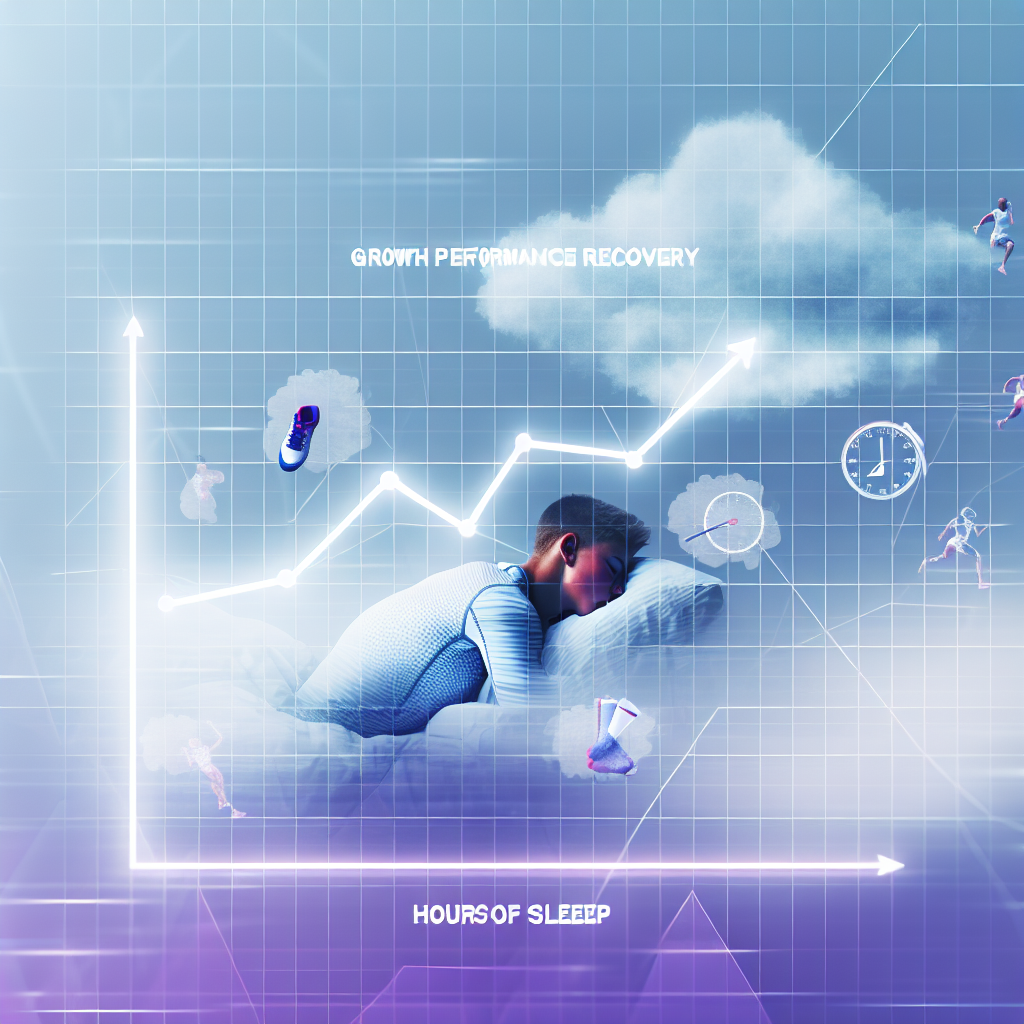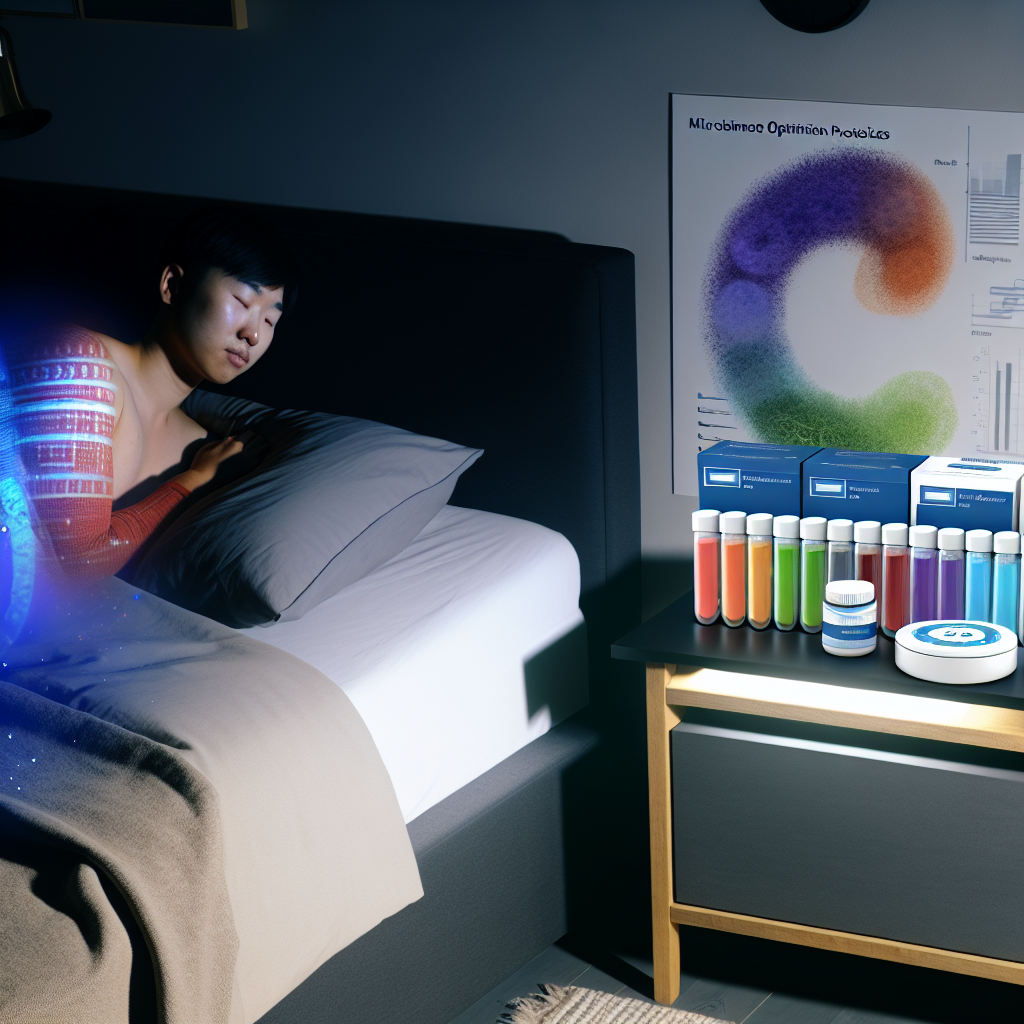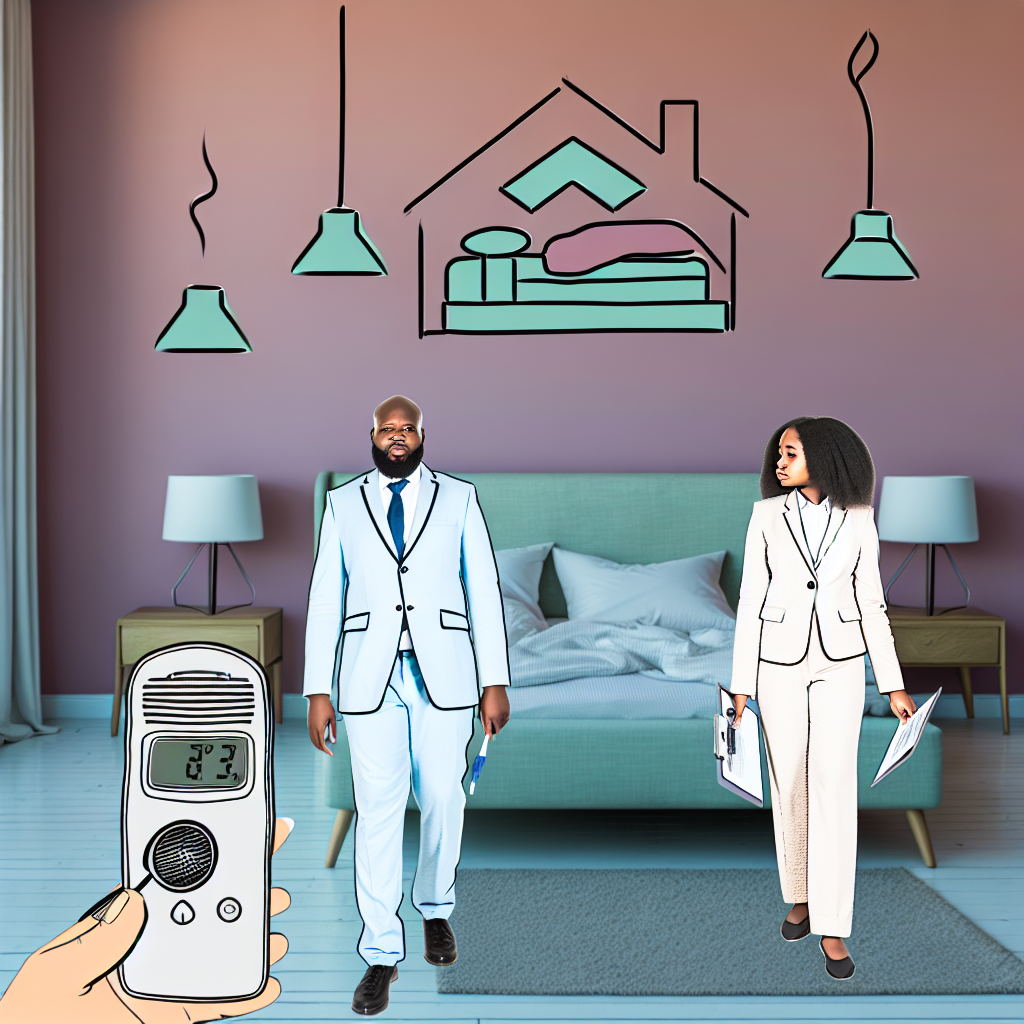Fix 3 AM Wake-Ups – Precision Dosing for Custom Sleep Blends
Introduction
Waking up at 3 AM – or experiencing night-time awakenings without being able to fall back asleep – is a deeply frustrating problem affecting millions globally. While occasional disturbances can be normal, habitual early-morning wakeups signal deeper, underlying issues. These repeated interruptions interrupt the body’s natural sleep cycles, depriving it of essential rest and leading to a host of adverse effects—such as daytime fatigue, low concentration, anxiety, depression, and even long-term problems like reduced immunity or elevated risk of cardiovascular disease.
So, what causes these persistent **3 AM wake-ups**? Experts identify major culprits as **circadian rhythm disruptions**, chronic stress, poor sleep habits, and most notably, **hormonal imbalances**—particularly those involving melatonin (the sleep hormone) and cortisol (the stress hormone). These hormones play a fundamental role in orchestrating when we fall asleep, stay asleep, and wake up.
Traditional **over-the-counter sleep aids** often fail to address the cause, merely offering broad sedation. In contrast, emerging solutions like **precision dosing** of **custom sleep blends** offer an individualized alternative. Instead of using one-size-fits-all pills, this science-backed strategy tailors dosages and ingredient selection according to a person’s unique biology, lifestyle, and needs.
Through timing-specific delivery of compounds such as **melatonin**, **L-theanine**, **GABA**, and **magnesium**, along with advanced tools like **sleep trackers**, **cortisol testing**, and AI-based analysis, modern sleep formulas can offer targeted, sustainable results—especially in addressing habitual awakening patterns at the exact hour, like 3 AM.
Features and Supporting Research
Understanding the Physiology of 3 AM Wake-Ups
One of the primary drivers of **3 AM awakenings** is the natural cortisol cycle. Normally, cortisol begins to rise around dawn in anticipation of waking. However, in individuals with high stress, burnt-out adrenal glands, or unhealthy habits, the cortisol rhythm can become dysregulated.
A 2013 study published in Psychoneuroendocrinology found that people with high stress or **chronic insomnia** experienced elevated nighttime cortisol, particularly around 3 AM, triggering fragmentation in sleep. By using **adaptogens** such as ashwagandha or phosphatidylserine, users can better regulate the **HPA axis** (hypothalamic-pituitary-adrenal axis) and reduce these cortisol disturbances.
Optimizing Melatonin Dosing and Timing
Many turn to **melatonin supplements** for sleep, but the approach is often flawed. Higher doses can sometimes disrupt the natural sleep rhythm, particularly if taken at the wrong time. The key is low-dose, strategically timed administration.
A 2005 trial published in the Journal of Clinical Endocrinology & Metabolism showed that even very low doses of melatonin—just 0.3 to 0.5 mg—taken about 90 minutes before bedtime can be more effective than higher amounts, especially in aligning the **circadian rhythm** without side effects like daytime grogginess.
Magnesium’s Calming Role in Preventing Early Waking
In addition to hormone support, **magnesium glycinate** plays a crucial role in ensuring muscle relaxation, nerve stability, and deeper sleep. A 2012 study from the Journal of Research in Medical Sciences demonstrated that older adults who supplemented with magnesium experienced significantly less fragmented sleep and fewer early awakenings.
L-Theanine and GABA for Mental Quietude
Increased anxiety or a racing mind during the night can disrupt sleep or prevent one from falling back asleep. Ingredients like **L-theanine** and **GABA** directly promote calm brain wave activity and improve sleep architecture without sedation. As found in a 2019 study in Nutrients, 200 mg of L-theanine taken 30 to 60 minutes before bed improved sleep onset and reduced night-time wakefulness in individuals with anxiety-induced insomnia.
The Role of Digital Sleep Tracking in Personalization
Thanks to modern advancements, personalizing sleep blends is easier and more precise than ever. Using tools such as:
– Wearable sleep trackers (e.g., Oura, Whoop)
– At-home cortisol/dried urine test kits
– Sleep analysis apps measuring heart rate variability and REM cycles
Users can collect comprehensive data about their body’s sleep rhythms and stimulate personalized recommendations. Companies specializing in **personalized wellness** and **custom supplements** analyze this data to craft tailored formulas using dosage precision, optimizing timing and ingredient synergy.
Why One-Size-Fits-All Doesn’t Work Anymore
Generic sleep aids often combine high doses of melatonin or antihistamines to sedate, not regulate. These may help you fall asleep but can disturb **sleep architecture**, increasing the chance of **mid-night awakenings**. In contrast, **precision dosing** focuses on promoting natural sleep stages such as NREM and REM cycles while maintaining biochemical balance.
According to research in Frontiers in Pharmacology, chronopharmacology (how a drug affects the body depending on time of administration) is key to harnessing the full value of sleep nutrients without side effects.
Conclusion
Resolving **3 AM wakeups** demands more than temporary fixes. These mid-sleep interruptions often point to deeper **hormonal or stress-related imbalances**, especially involving **melatonin**, **cortisol**, and **nervous system overactivity**. Instead of relying on random sedatives, **precision dosing** through **custom sleep blends** represents a smarter, more effective approach based on cutting-edge science and personal data.
Crafting a personalized nighttime formula tailored for your sleep cycles, stress markers, and daily routine brings sustainable benefits: improved sleep quality, fewer interruptions, and a mood-enhancing morning reset.
For those tired of waking up every night like clockwork, **personalized sleep optimization** through **data-driven formulation** might be the missing solution. After all, sleep isn’t one-size-fits-all—nor should your supplement be.
Concise Summary
Regular 3 AM wakeups are often the result of internal imbalances, such as cortisol spikes or circadian misalignment, not merely poor sleep habits. Conventional sleep aids offer limited relief, unlike precision dosing of custom sleep blends that target your specific biological profile. Using tools like sleep trackers and hormone tests, personalized formulas optimize timing and doses of melatonin, L-theanine, GABA, and magnesium to stabilize overnight sleep. This data-driven approach addresses the root causes of fragmented sleep—offering a sustainable and side-effect-free solution for achieving deep, uninterrupted rest.
References
1. Spiegel, K., Leproult, R., & Van Cauter, E. (1999). Impact of sleep debt on metabolic and endocrine function. The Lancet.
2. Riemann D, Spiegelhalder K, Feige B, et al. (2013). Cortisol dysregulation and insomnia. Psychoneuroendocrinology.
3. Zisapel, N. (2001). Role of melatonin and its analogs in insomnia treatment. Sleep Medicine Reviews.
4. Abbasi, B., et al. (2012). The effect of magnesium supplementation on sleep quality in elderly people. Journal of Research in Medical Sciences.
5. Hidese, S., Ota, M., & Matsuo, J., et al. (2019). Effects of L-theanine administration on stress-related symptoms and sleep quality. Nutrients.
6. Arendt J. (2005). Melatonin and human circadian rhythms. Journal of Clinical Endocrinology & Metabolism.
7. Smith, M., & Torshin, I. (2023). Chronopharmacology and Personalized Sleep Medicine. Frontiers in Pharmacology.

Dominic E. is a passionate filmmaker navigating the exciting intersection of art and science. By day, he delves into the complexities of the human body as a full-time medical writer, meticulously translating intricate medical concepts into accessible and engaging narratives. By night, he explores the boundless realm of cinematic storytelling, crafting narratives that evoke emotion and challenge perspectives.
Film Student and Full-time Medical Writer for ContentVendor.com




